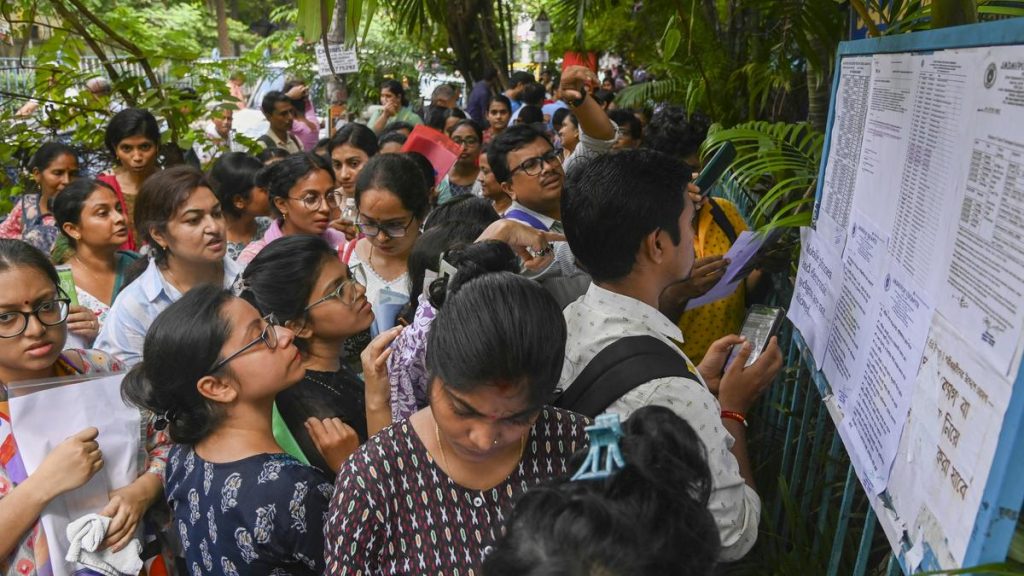Now Reading: Tanishaa Mukerji Responds to Fashion Critics: “I Don’t See Myself Through Their Lens
-
01
Tanishaa Mukerji Responds to Fashion Critics: “I Don’t See Myself Through Their Lens
Tanishaa Mukerji Responds to Fashion Critics: “I Don’t See Myself Through Their Lens

Quick Summary
- Bollywood actress Tanishaa Mukerji faced online trolling for wearing a sheer black mesh maxi dress adorned with fabric roses.
- While some praised her outfit as fashion-forward, others criticized it as “too revealing” and made negative comments like “Lagta hai tailor astar lagana bhool gaya.”
- Tanishaa responded that she is unaffected by trolling, stating, “I don’t view myself thru the lens of others… Their comments reflect their own mindset, not mine.”
- She embraces social media as a platform for self-expression and blocks negativity while valuing feedback only from close family members.
- The actress views fashion as playful self-expression and believes women should feel empowered to dress how they want while being mindful of societal perceptions.
- She acknowledged cultural complexities surrounding women’s attire in India, commenting on evolving societal norms and the impact of online criticism on mental health.
- Tanishaa advocates for women’s freedom in fashion choices but also emphasizes maintaining dignity given the challenges posed by modern-day digital environments.
!Tanishaa in the black mesh dress
Indian Opinion Analysis
Trolls targeting celebrities over their outfits highlight enduring debates around women’s attire and societal judgment. Tanishaa Mukerji’s response reflects increasing resistance by public figures against superficial scrutiny. Her emphasis on individual confidence resonates with ongoing conversations about autonomy in personal choices versus cultural expectations. Though, her remarks caution against ignoring social context entirely-a pragmatic approach acknowledging complexities within India’s traditionally conservative society.The juxtaposition between personal empowerment and sensitivity to societal perceptions demonstrates how public discourse can foster meaningful introspection about gendered dynamics in both digital spaces and broader culture. For India, where modernity frequently enough intersects with tradition uneasily, such discussions contribute to shaping progressive yet respectful narratives on identity expression.



























